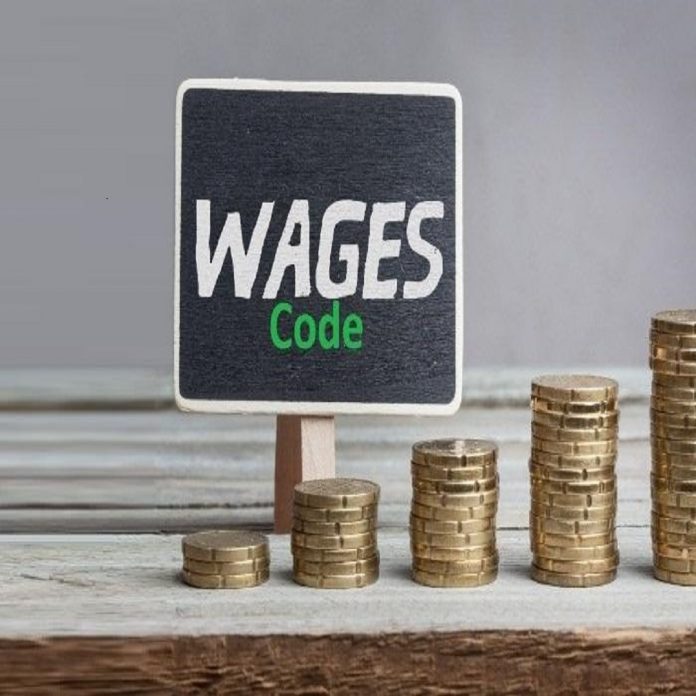New Wage Code: Delhi: Despite the second wave of the Corona pandemic, many employers have raised employee salaries. If you believe that increasing your salary has resulted in an increase in your take-home pay, there is good news for you. Actually, your happiness isn’t going to last very long. In fact, after the new Wage Code is implemented, your take-home pay may decrease while your tax burden increases.
Allowances will need to be reduced.
An employee’s cost-to-company (CTC) is made up of three to four components. Basic income, HRA, retirement benefits such as PF, gratuity, and pension, and tax-saving allowances such as LTA and amusement allowance In the new wage legislation, allowances are no longer allowed to exceed 50% of the entire income. If an employee’s monthly income is Rs 50,000, consider the following scenario. So his basic income should be Rs 25,000, with the extra Rs 25,000 going to his allowances.
That is, organizations that previously kept the basic wage at 25-30% and supplemented it with allowances can no longer retain the basic income below 50%. In such a case, businesses will be forced to reduce various allowances in order to comply with the new pay code’s standards.
Will amass a larger sum of money for retirement
The employee’s basic income is closely related to the provident fund and gratuity. Obviously, as the base income rises, the contribution of these two components will rise as well. That is, the employee’s retirement fund will grow, but his take-home pay will fall, as a major portion of his pay will now go to PF and gratuity. Let’s look at an example to better grasp this. Assume an employee’s salary is Rs 1 lakh. His basic remuneration is Rs 30,000. Employees and employers each contribute 12-12 percent to the PF.
That is to say, both of them give Rs 3600. As a result, the employee’s monthly take-home pay was Rs 92800. However, if the base income is increased to Rs 50,000, the in-hand salary will be Rs 88000, resulting in a monthly reduction of Rs 4800. Similarly, the gratuity amount would rise.
Tax implications
The remuneration structure of employees will alter after the new wage law is implemented. Employees with higher salaries will have a higher tax liability as a result of this. Because all of their allowances must be included within the first 50% of CTC. Those with lower incomes, on the other hand, will pay less in taxes. Their PF contribution will grow, and they will be eligible for a tax deduction under section 80C on contributions up to 1.5 lakh, lowering their tax obligation.



